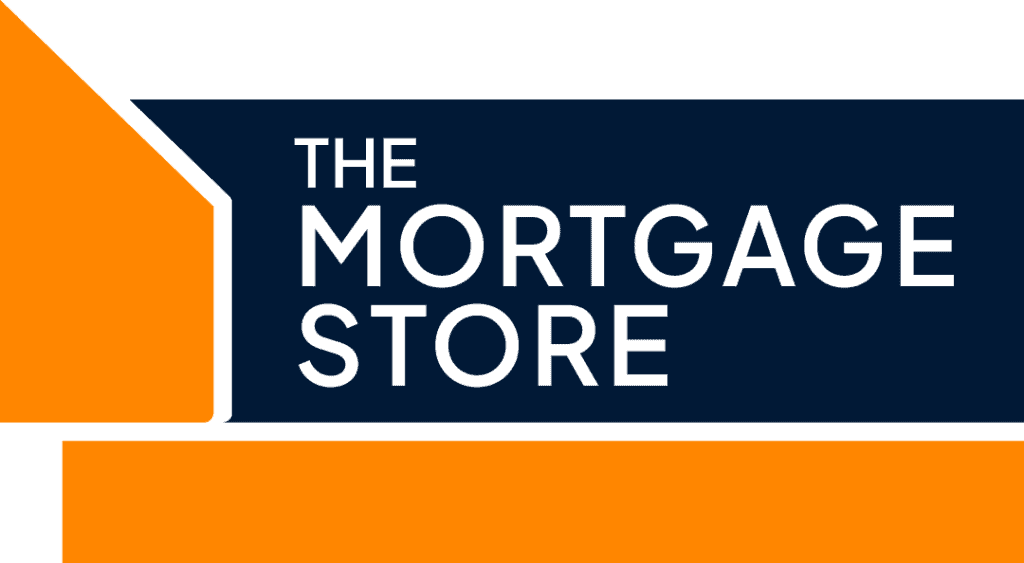Equity Release
- Expert Mortgage Advisers
- Thousands of Mortgage Products Available
- See if we can help you find the right deal.
Get in touch for a free, no-obligation chat with an adviser about how we might be able to help.
Home » Equity Release
Equity release allows you to turn the equity you have in your home into cash if you are aged 55 or over. It’s a viable option for many looking to increase the amount of cash they have in later life, or perhaps once they’ve retired.
How does equity release work?
Equity release is all about realising some of the value of your property, so you can make use of the cash tied up in it immediately. It is often an attractive option because approval can be granted even if the mortgage you have on your home is not currently paid off. You typically don’t make monthly payments, and the loan is repaid following your death and your house is sold.
However, it is worth knowing that there are different options to consider when it comes to equity release. Considerations that can have a significant effect on how much money you can access, and will owe at the end.
Lifetime mortgages
A lifetime mortgage is when you borrow against the value of your home.
The cash from a lifetime mortgage can be taken as a lump sum or drawn down gradually. You don’t need to make any monthly repayments and when you die, the proceeds from the house pay of the loan as well as the rolled-up interest. Anything left over goes towards your beneficiaries.
It’s worth noting, however, that there are products that allow you to make partial payments to reduce the balance or pay off the interest.
Many lifetime mortgages offer a no negative equity guarantee, which means once your house is sold, your beneficiaries won’t need to make up any shortfall if the house loses its value since taking the lifetime mortgage out.
Home Reversion Plans
This is a form of equity release available only to those over 65, and provides a tax-free lump sum on successful application.
A home revision plan allows you to stay in your home for the rest of your life, without having to pay rent to the provider that now owns a share of it. Although, you will still need to make your regular mortgage payments if they are not complete.
However, once your property is sold, the lender will get a payment based on the percentage of your home that they own, rather than just paying back the figure that they lent, with interest. This means if the house rises in value, then the home reversion provider will receive more than they initially lent to you.
It’s also important to remember that it’s likely your house will be valued significantly lower than its market value by the home reversion provider to allow them to manage their risk.
Are there any other options?
Of course, it is smart to remember that there are other options to consider apart from equity release. In particular, selling your current home and moving to a cheaper property will mostly do the same thing, but without the issue of increasing debts.
This is not suitable for all, however, as many people would rather not leave the houses that have been their homes and where they are comfortable.
Get Equity Release Advice
To that end equity release, can be the right choice if you need cash in later life. At The Mortgage Store, our qualified equity release advisers can help you make the right choice based on what you want to achieve.
Useful Links
- Remortgage
- Buy to Let
- Home Mover
- First Time Buyer Mortgage
- Joint Borrower Sole Proprietor (JBSP) Mortgages
- Shared Ownership
- Deposit Unlock
- New Build Mortgages
- Equity Release
- Bridging Finance Buy to Let
- Contractor Mortgages
- Mortgages for Teachers
- Self-Employed Mortgages
- Commercial Mortgages
- Try our calculator
- Remortgaging to Release Equity
Why The Mortgage Store?

Exclusive rates you won’t get directly from lenders

With you every step of the way






